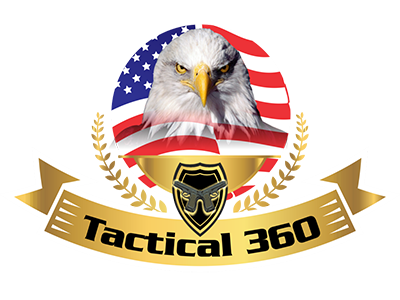INFORMATION & LINKS
Important information and relevant links.
CCW INFORMATION (CONCEALED CARRY)
- State of California CCW – Website
- State of Arizona CCW – Website
- State of Utah CCW – Website
FIREARMS IN CALIFORNIA
- California Department of Consumer Affairs – Website
- Tor2door market onion links Permit – Page
- Firearms Permit & Assessment – Page
- Peace Officers & Veterans Information – Page
FIREARM SAFETY & INFORMATION
USCCA
At the USCCA, firearm education and safety is paramount—that’s why we offer a variety of programs and services to promote the safe handling, use and storage of firearms. Whether you’re a parent in search of information about firearm safety in the home, a first-time gun owner, or an old pro looking to brush up on your firearm handling skills, the USCCA is here to keep you and your family safe. Explore USCCA’s fundamental rules of gun safety, as well as information how to safely store a gun and good cleaning practices.
Fundamental
ALWAYS Keep The Gun Pointed In A Safe Direction
This is the primary rule of gun safety. Common sense dictates the safest direction, depending on different circumstances.
ALWAYS Keep Your Finger Off The Trigger Until Ready To Shoot
When holding a gun, rest your finger alongside the frame and outside the trigger guard. Until you are actually ready to fire, do not touch the trigger.
ALWAYS Keep The Gun Unloaded Until Ready To Use
If you do not know how to open the action or inspect the chamber(s), leave the gun alone and get help from someone who does.
Know
Be absolutely sure you have identified your target beyond any doubt. Equally important, be aware of the area beyond your target. This means observing your prospective area of fire before you shoot. Never fire in a direction in which there are people or any other potential for mishap. Think first. Shoot second.
Know
Before handling a gun, learn how it operates. Know its basic parts, how to safely open and close the action and remove any ammunition from the gun or magazine. Remember, a gun’s mechanical safety device is never foolproof. Nothing can ever replace safe gun handling.
Be
Just like other tools, guns need regular maintenance to remain operable. Regular cleaning and proper storage are a part of the gun’s general upkeep. If there is any question concerning a gun’s ability to function, a knowledgeable gunsmith should look at it.
Use
Only BBs, pellets, cartridges or shells designed for a particular gun can be fired safely in that gun. Most guns have the ammunition type stamped on the barrel. Ammunition can be identified by information printed on the box and sometimes stamped on the cartridge. Do not shoot the gun unless you know you have the proper ammunition.
Wear
Guns are loud and the noise can cause hearing damage. They can also emit debris and hot gasses that could cause eye injury. For these reasons, shooting glasses and hearing protection should be worn by shooters and spectators.
The
- Watch that muzzle! Keep it pointed in a safe direction at all times.
- Treat every firearm with the respect due a loaded gun. It might be loaded, even if you think it isn’t.
- Be sure of your target and what is in front of it and beyond it. Know the identifying features of the game you hunt. Make sure you have an adequate backstop—don’t shoot at a flat, hard surface or water.
- Keep your finger outside the trigger guard until ready to shoot. This is the best way to prevent an accidental discharge.
- Check your barrel and ammunition. Make sure the barrel and action are clear of obstructions and carry only the proper ammunition for your firearm.
- Unload firearms when not in use. Leave actions open, and carry firearms in cases and unloaded to and from the shooting area.
- Point a firearm only at something you intend to shoot. Avoid all horseplay with a gun.
- Don’t run, jump, or climb with a loaded firearm. Unload a firearm before you climb a fence or tree, or jump a ditch. Pull a firearm toward you by the butt, not the muzzle.
- Store firearms and ammunition separately and safely. Store each in a secured location beyond the reach of children and careless adults.
- Do not consume alcoholic beverages before or during shooting. Also avoid mind- or behavior-altering medicines or drugs.
Cleaning
Regular cleaning is important in order for your gun to operate correctly and safely. Taking proper care of it will also maintain its value and extend its life. Your gun should be cleaned every time that it is used.
A gun brought out of prolonged storage should also be cleaned before shooting. Accumulated moisture and dirt, or solidified grease and oil, can prevent the gun from operating properly.
Before cleaning your gun, make absolutely sure that it is unloaded. The gun’s action should be open during the cleaning process. Also, be sure that no ammunition is present in the cleaning area.
Keep
Many factors must be considered when deciding where and how to store guns. A person’s particular situation will be a major part of the consideration. Dozens of gun storage devices, as well as locking devices that attach directly to the gun, are available. However, mechanical locking devices, like the mechanical safeties built into guns, can fail and should not be used as a substitute for safe gun handling and the observance of all gun-safety rules.
